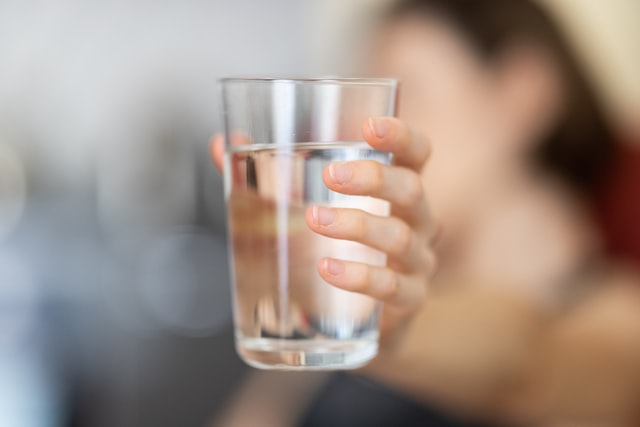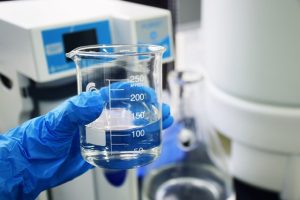How To Detect Water Pollution In Your Home?

Water pollution is something that we think is limited to eloping countries, and we often see news reports of severe illnesses caused by outbreaks of cholera and other harmful bacteria. Homes in all countries are susceptible to dirty water or water pollution, no matter how clean we try to keep things.
Most of the time, water pollution is barely noticed, since the water that comes out of the faucet is subject to strict regulations, and we’re very lucky to be secure in the knowledge that it’s clean and safe, for our families and ourselves. But it still can happen, and so what do we need to look out for when it comes to water pollution, and how to detect water pollution in our homes?
Location and Water Pollution
Some locations are more at risk of water pollution than others. If there’s heavy industry near your home, and in particular, mining operations, then you need to be mindful of the potential damage to your home and its water supply. Hydraulic fracturing mining, also known as fracking, is a highly controversial method where underground shale rock is fractured, in order to extract natural gas.
This method can render drinking water toxic, and in some recorded cases, can actually make water flammable. While industrial activity is highly regulated, you need to ensure that your water is safe, and so regular testing, either by a professional or with an in-home kit, is a great idea.
Water Pollution and (Your) Great Outdoors
Since you can safely assume that your drinking water is fit for human consumption, most of the time, home based water pollution occurs outside the home- such as in your swimming pool and outside water features, like ponds and fountains. This is easy enough to spot, since the water will become discolored and might even have an odd smell.
This is usually due to toxic algae, which can cause health problems if you swim in the affected water, but it’s easy enough to remedy with the right cleaning chemicals. It’s also a good idea to get your pool water regularly checked by a professional- and many pool stores offer this service.
Indoor Water Pollution
How to detect water pollution inside your home? It’s not so easy when you consider that interior water pollution is often also interior air pollution. A leaking pipe inside your walls can cause mold, which greatly decreases the air quality inside your home, and can cause major health issues, particularly in the elderly, young children, and those with respiratory problems like asthma.
Look out for telltale signs of water damage, like stains that appear on your walls and seem to be originating from the inside. If you’re concerned about internal water damage, then consult a qualified plumber who is skilled at detecting water pollution in your home. A mold sensor is also a great idea, and these can be found at most hardware stores.
In Rural Communities
If you live in an isolated community and obtain your water from a well or bore, then it’s important to regularly check the quality of your water, since it’s not subject to the same checks and measures of the water supply for the majority of the country.
Home testing kits are easily obtained, or you could go for something a little cooler, like Grace, who is a robotic fish that swims through water, checking its quality with her on-board sensors. Sadly, Grace is still a prototype, but it hopefully won’t be too long before she’s swimming through the world’s wells and reservoirs, making sure everything is safe for us.
Your Responsibilities
Remember that it’s not just large companies and factories that cause water pollution. Be careful about using toxic chemicals when cleaning your car or the outside of your home, since these can run straight into drainage systems that lead directly to the ocean or local waterways. The same goes for gardening, since many fertilizers and weedkillers can cause serious harm if they’re allowed to drain into local waterways.
While fortunately, most of us won’t have to worry about water pollution in our homes, we need to still be vigilant, because it can happen. It can be relatively easy to detect water pollution in your home- you just need to look out for the warning signs, whether it’s green water in the pool or water stains on the walls.
It’s always a good idea to consult a licensed and qualified professional to help you with any necessary repairs to remedy water pollution, but if you’re careful, you can head off any problems before they even happen. Although if you can set the water from your faucet on fire, then it might be time to think about moving.

